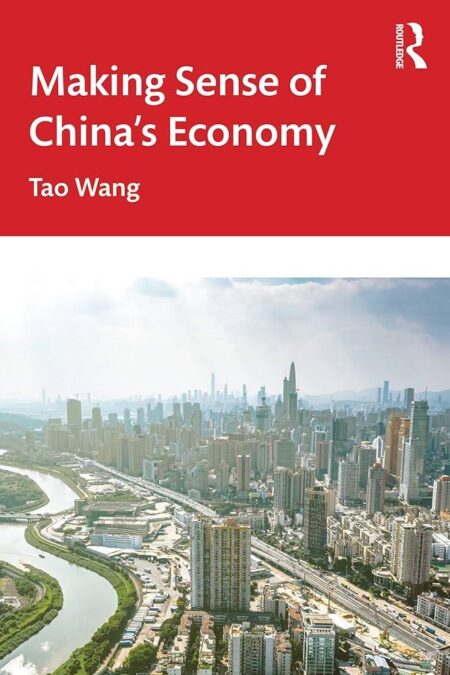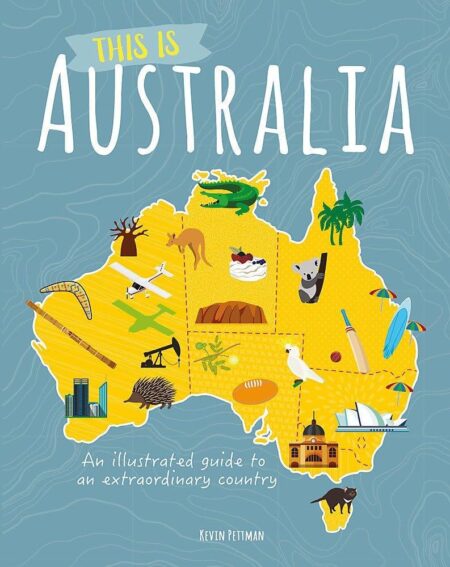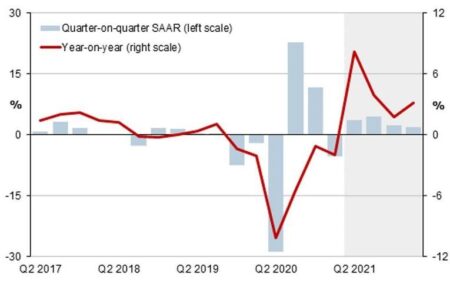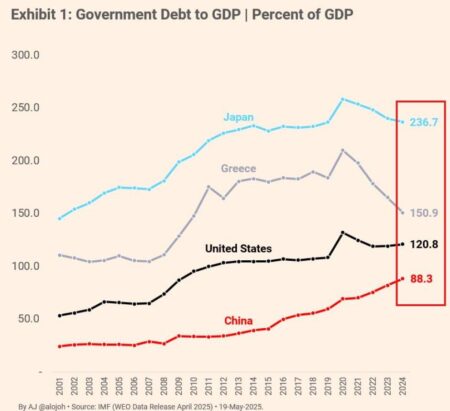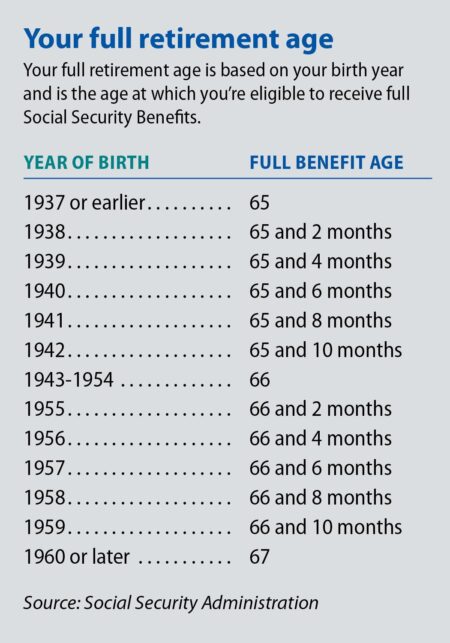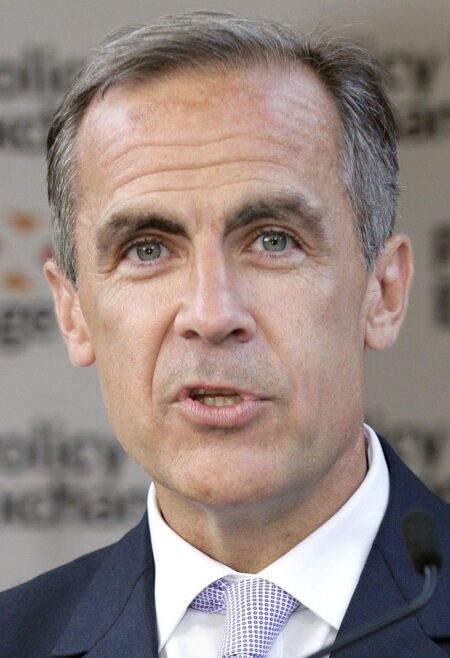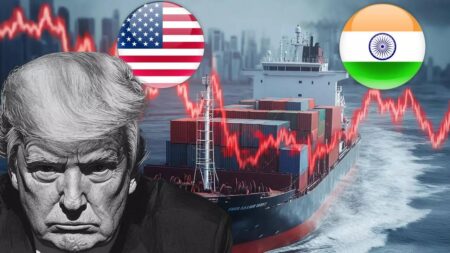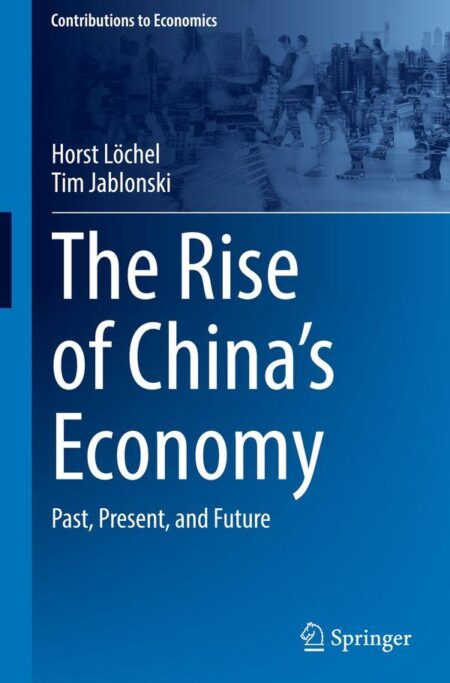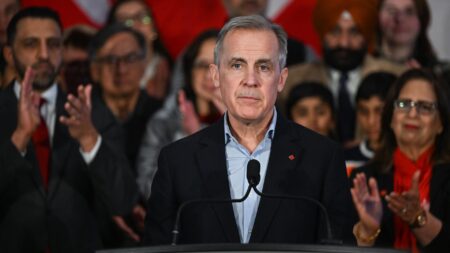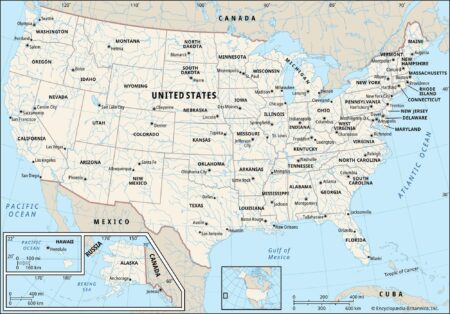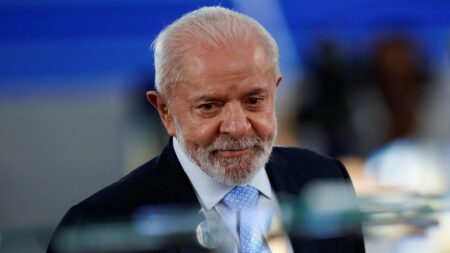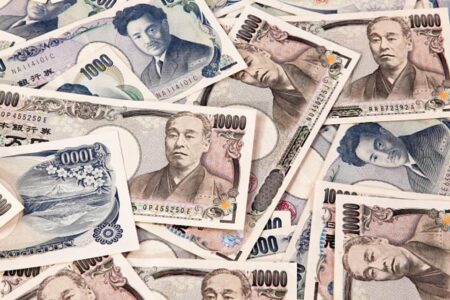Rising living costs and stagnant wages are squeezing German households like never before, turning everyday expenses into a daunting challenge. For countless workers, simply covering the basics has become a daily battle, exposing the growing economic strain tightening its grip on the nation
Browsing: economic challenges
Bruegel’s latest report uncovers ten urgent challenges facing China’s economy-from slowing growth and rising debt risks to dramatic demographic shifts-highlighting major hurdles that threaten the nation’s economic stability and its role on the global stage
Australia’s modest Q1 economic growth has sparked rising concerns about a sluggish recovery, signaling a potential need for bolder fiscal stimulus to boost spending and protect jobs, Reuters reports
Japan’s economy stands at a pivotal crossroads, wrestling with sluggish growth, an aging population, and relentless deflationary challenges. This compelling story uncovers how Asia’s former economic titan is fighting to reinvent itself in a rapidly changing global arena
Navigating Germany’s complex bureaucracy is a formidable challenge for entrepreneurs. Endless paperwork, strict regulations, and sluggish approvals are holding back innovation and hindering business growth, according to a recent WSJ report
Japan’s debt has skyrocketed to double the size of its entire economy, creating pressing fiscal challenges. Policymakers are now grappling with difficult choices on spending cuts and tax increases, all while navigating slow growth and an aging population, The New York Times reports
As living costs soar and economic landscapes shift, the average retirement age in America is on the rise. A growing number of workers are expressing concerns over financial insecurity and insufficient savings, compelling them to stay in the workforce longer than their predecessors.
In 2024, Mauritania has taken center stage as the main launchpad for migrants aiming to reach Spain, as revealed in a recent report by Morocco World News. This transformation underscores the evolving landscape of migration routes in the region, driven by persistent economic challenges.
In a bold move driven by soaring tariffs and mounting financial challenges, a cherished rubber duck museum is making its way to Canada! This exciting relocation not only seeks to ensure the museum’s sustainability in the face of increasing operational costs in the U.S., but also sheds light on how trade policies are shaping the future of small businesses everywhere.
Nissan has unveiled a bold move to trim its global workforce by 15%, as the iconic Japanese automaker faces escalating losses. This decisive action is part of a strategic effort to optimize operations in response to tough market conditions and evolving consumer preferences
Following Mark Carney’s triumphant win, Canada’s economy is navigating choppy waters. Recent job statistics have unveiled the lowest employment numbers we’ve seen in almost ten years. Experts are sounding the alarm over escalating unemployment rates, urging swift policy actions to address this pressing issue.
Trump’s tariff war with Canada is starting to cast a shadow over Upstate New York’s vibrant tourism economy. Local businesses are feeling the pinch as they report a noticeable drop in Canadian visitors, resulting in dwindling revenue for shops and attractions that thrive on cross-border traffic.
Border towns between the US and Canada are grappling with tough economic hurdles as the lasting effects of Trump’s trade war continue to ripple through their communities. Local businesses, once thriving on cross-border traffic, are now witnessing a sharp decline in customers and facing soaring tariffs, resulting in considerable financial strain.
In Argentina, retirees are rising up and hitting the streets in a powerful protest against a deepening healthcare crisis that is intensifying their hardships. As government support dwindles, community groups are rallying together to fill the void, stepping in to deliver vital services. This grassroots response underscores the alarming disparity in public health provisions that many are facing.
China’s economy is under the microscope as vital data becomes increasingly elusive, sparking worries among analysts. The Wall Street Journal emphasizes the difficulties in gauging economic vitality when key statistics are disappearing, making it harder to predict trends and formulate effective policies
In a defining moment for Canadian economic leadership, Mark Carney steps into the spotlight with the ambitious mission of transforming the nation’s economy. His appointment marks a significant turning point as Canada embarks on a journey through intricate fiscal landscapes, all while striving for sustainable growth.
Germany is grappling with a pressing dilemma as consumer spending struggles to keep pace with soaring savings. Amidst economic uncertainty and persistent high inflation, many Germans are choosing to prioritize their financial security over splurging on non-essential items. This shift in mindset is casting a shadow over retail growth and complicating recovery efforts across the nation.
In “How America Can Avoid Becoming Russia,” The Atlantic delves into the vital lessons we can learn from Russia’s political journey. This thought-provoking piece emphasizes the urgent need to protect our democratic institutions, ignite civic engagement, and uphold a vigilant press as essential safeguards against the rise of authoritarianism in the United States
Once heralded as the world’s most popular politician, Brazilian President Luiz Inácio Lula da Silva is now grappling with a significant drop in approval ratings. Critics point to economic struggles and rising inflation as key factors in this decline.
Japan’s government is contemplating cash handouts to help citizens cope with escalating living costs and the impact of U.S. tariffs. The proposed measures aim to alleviate financial pressure on households amid growing economic uncertainties.


